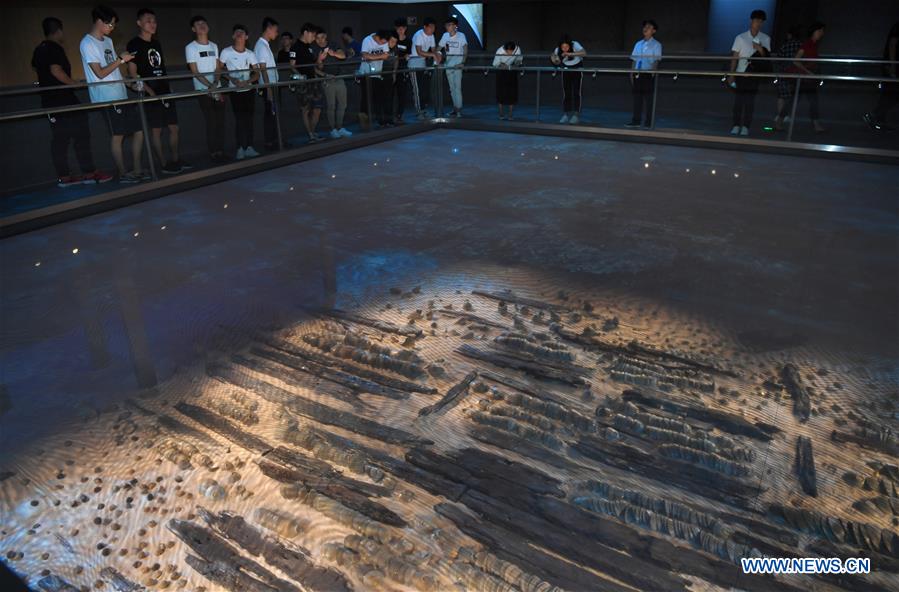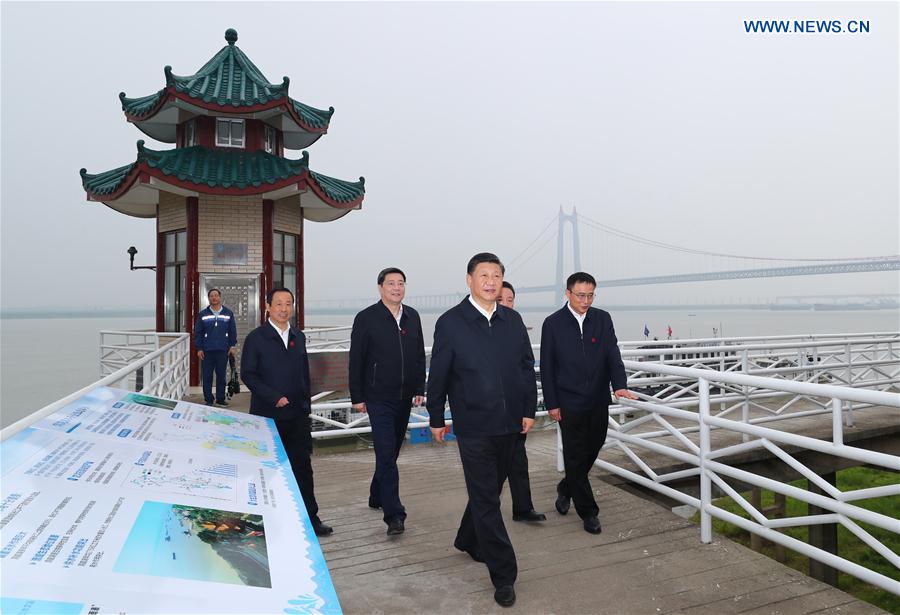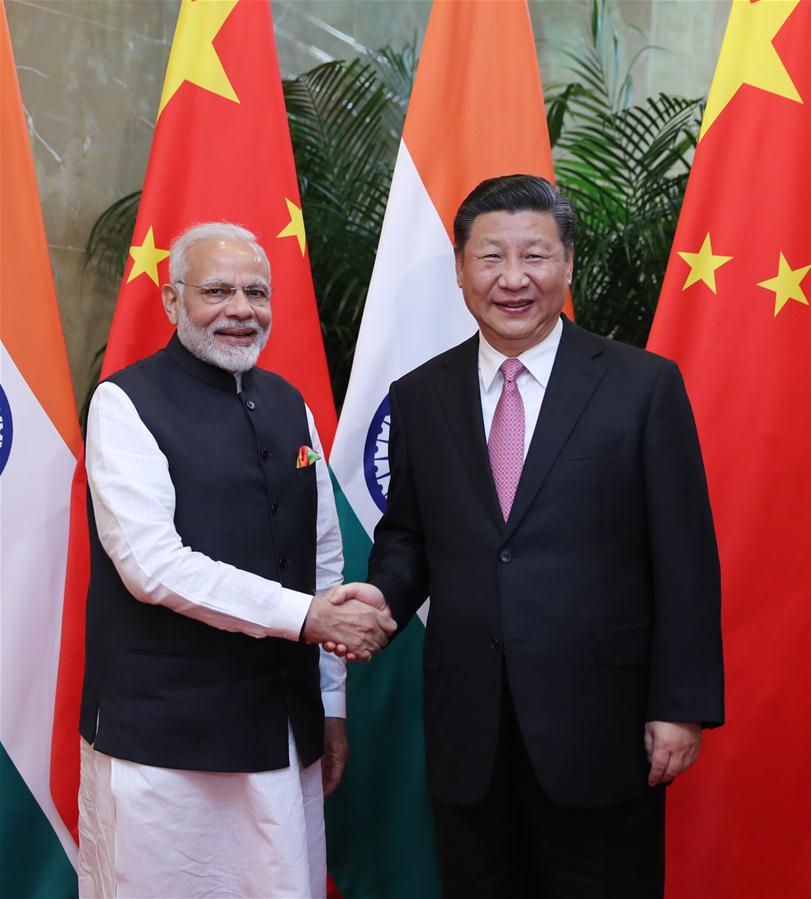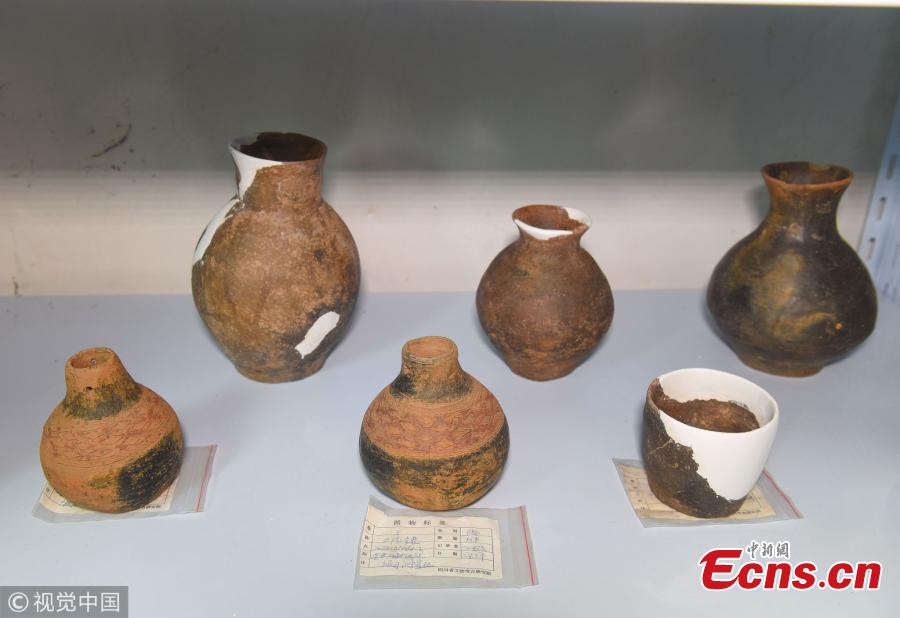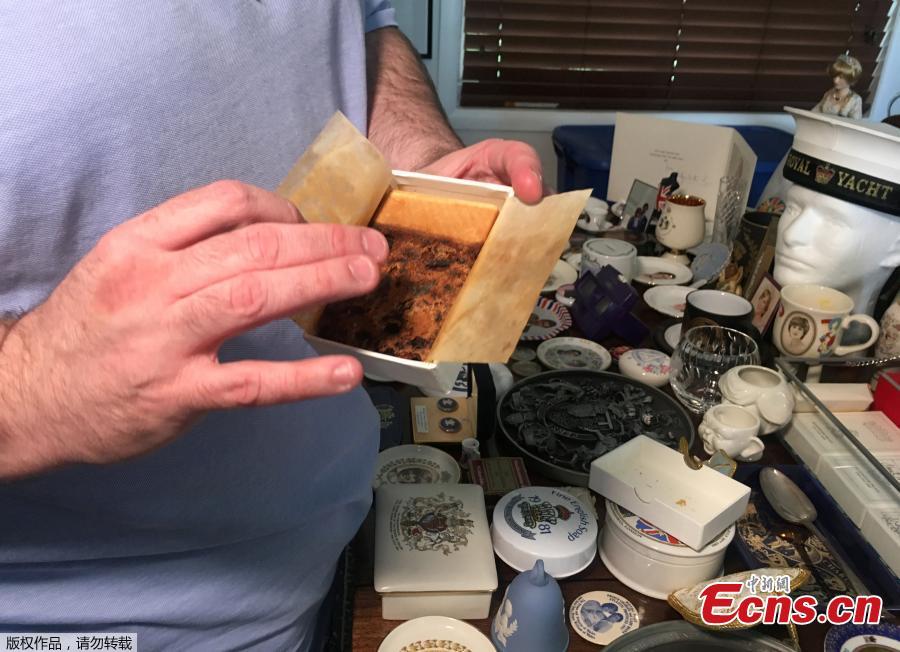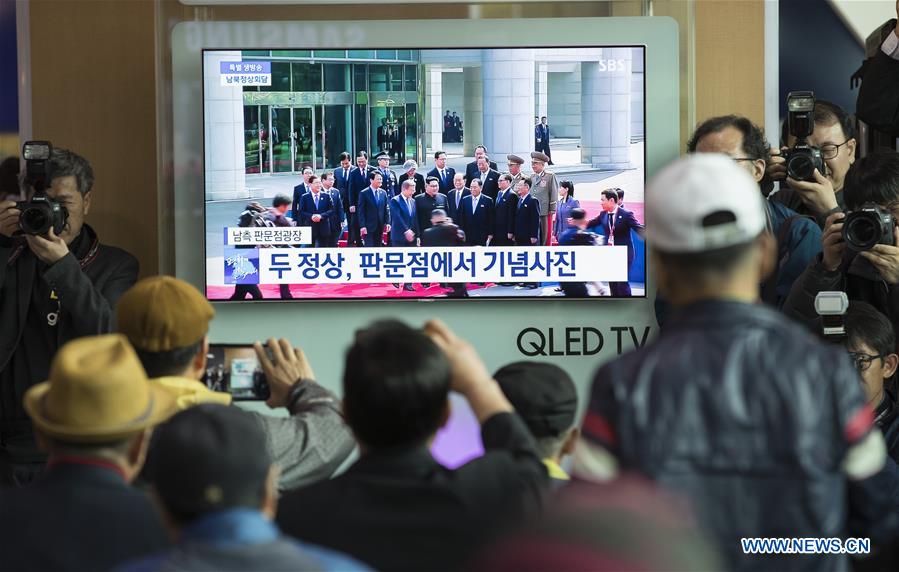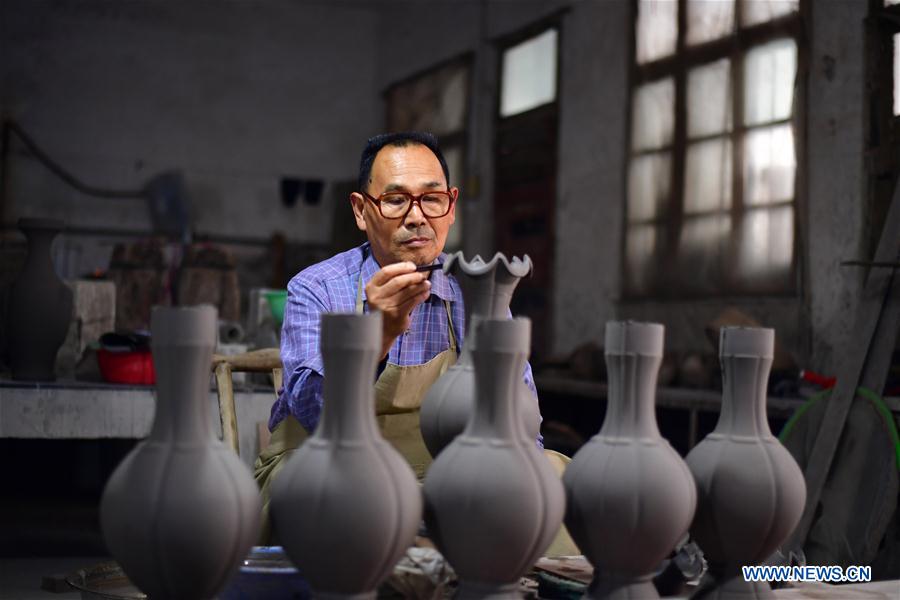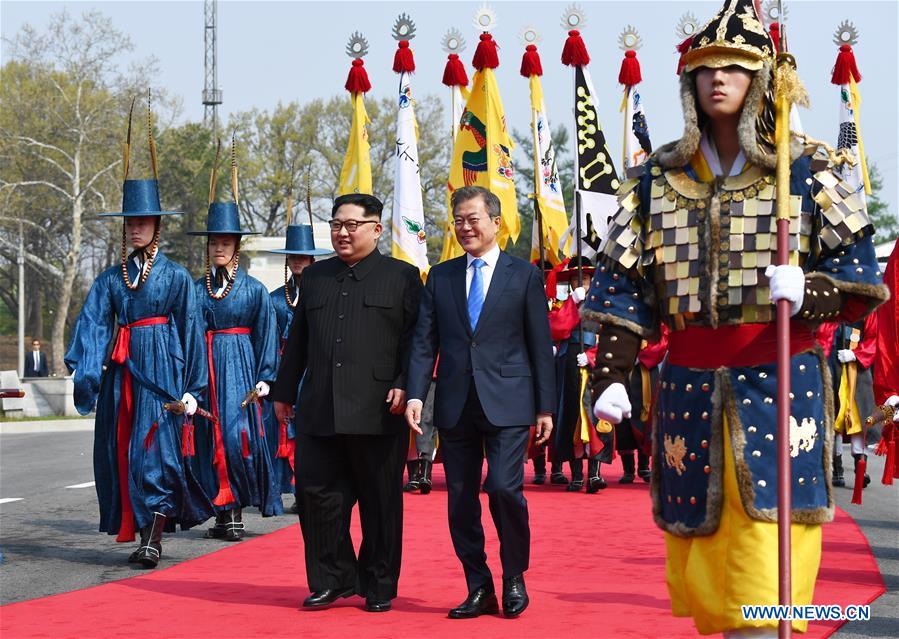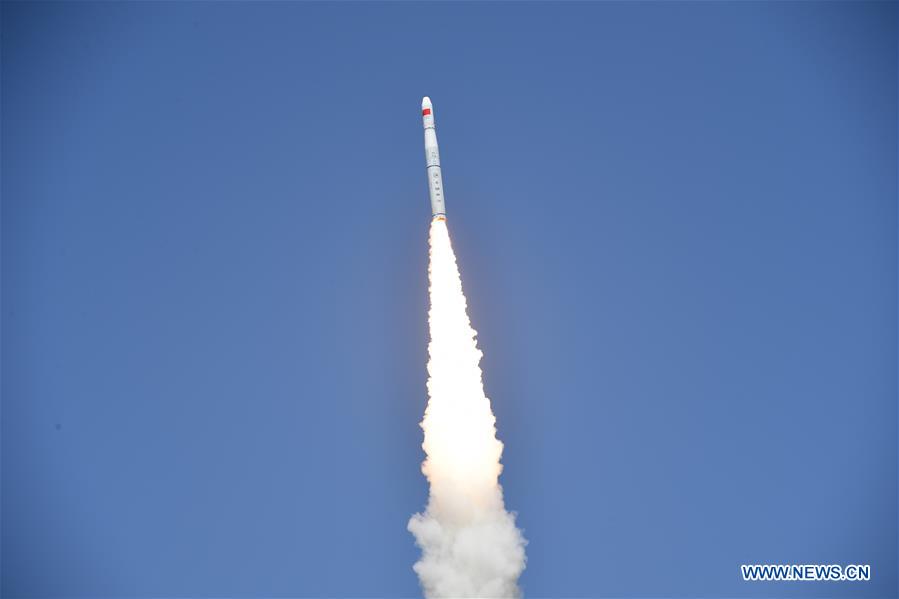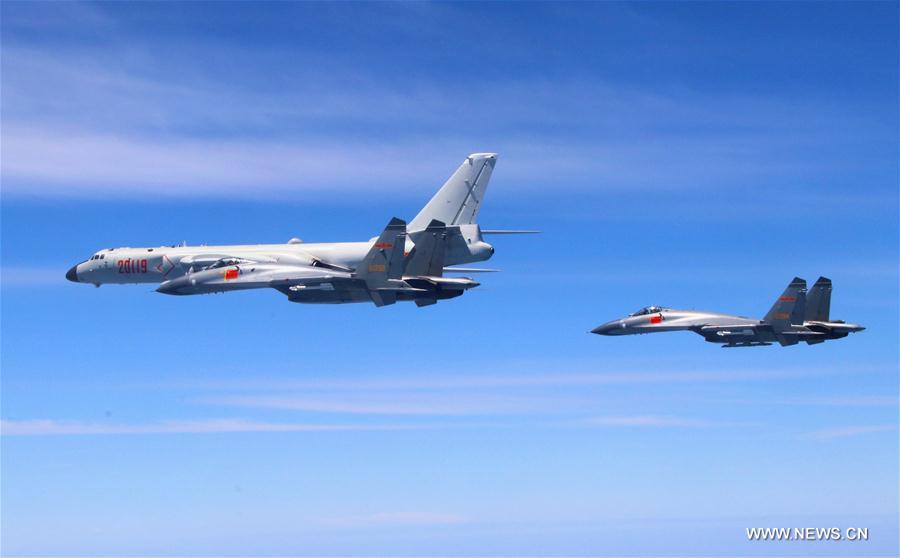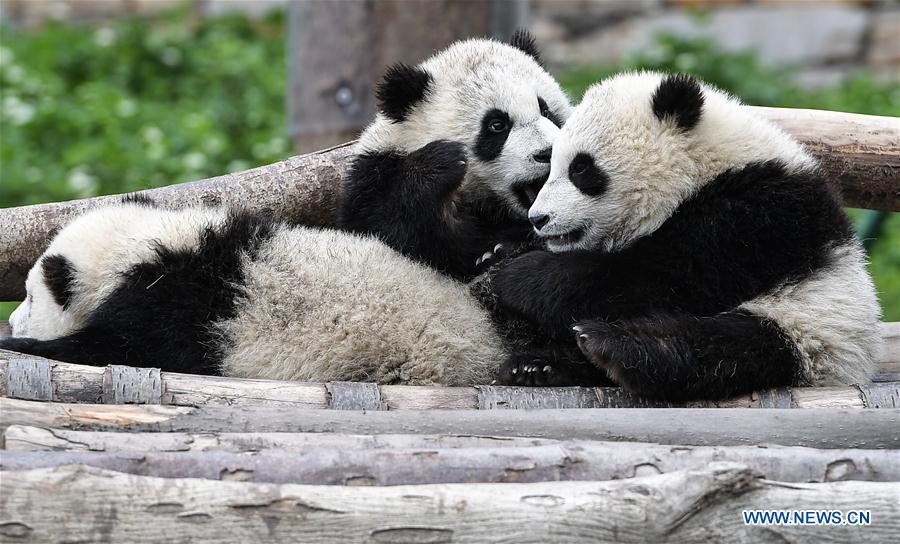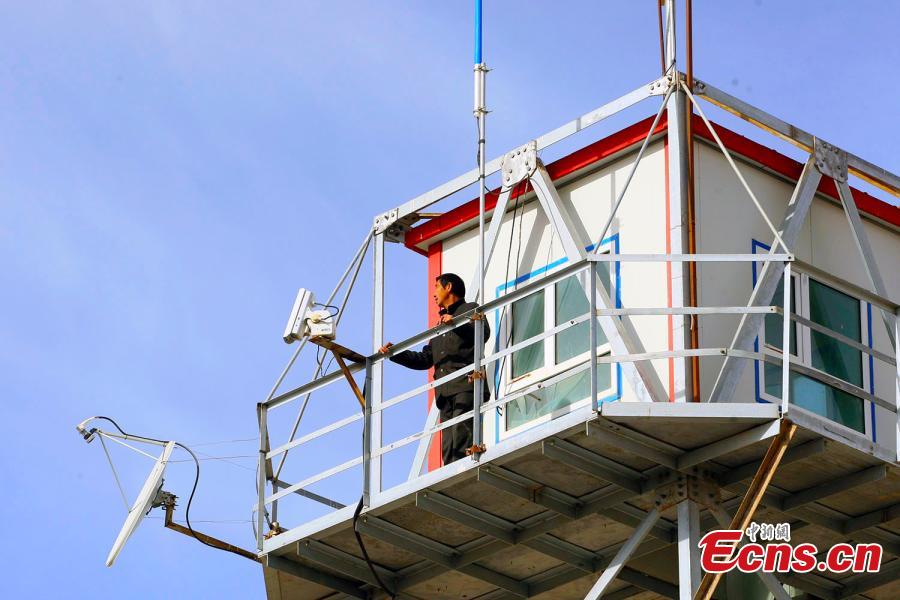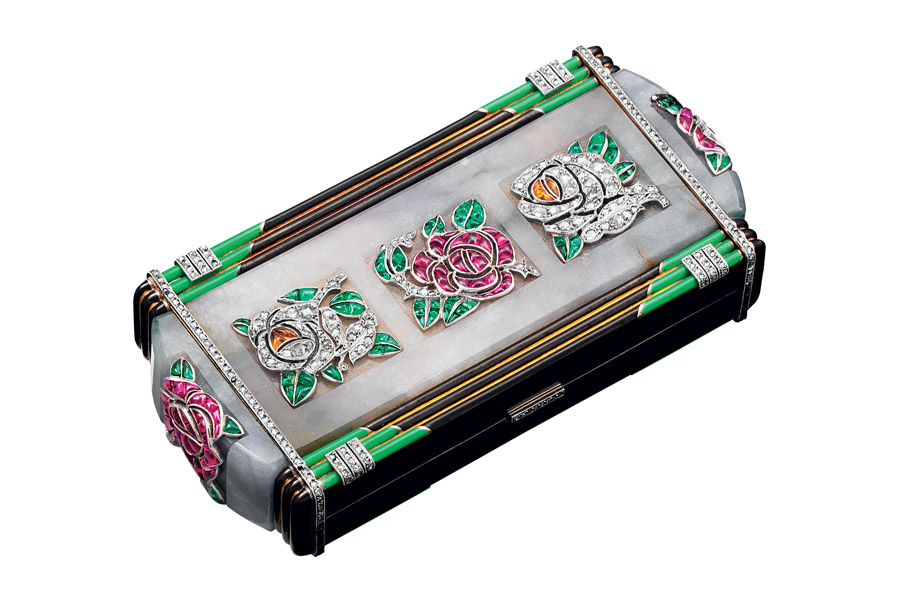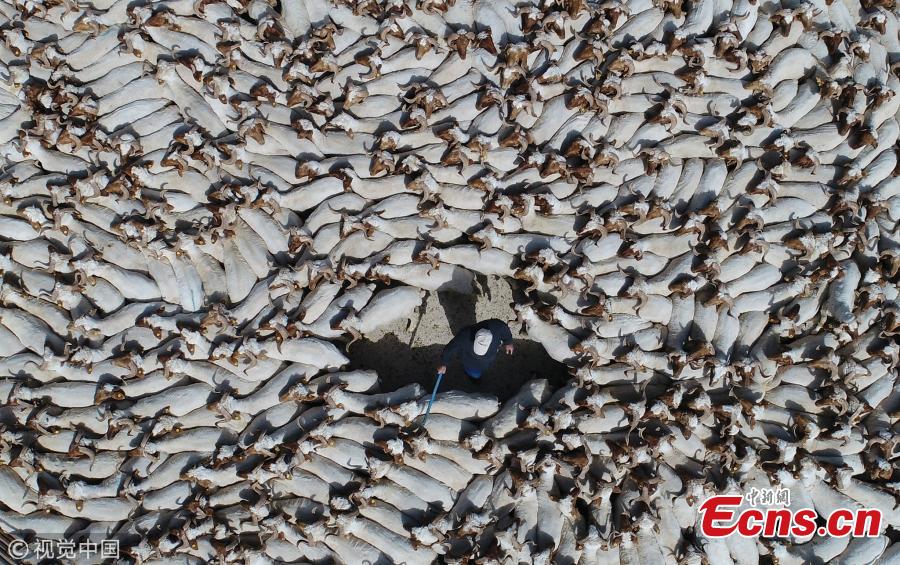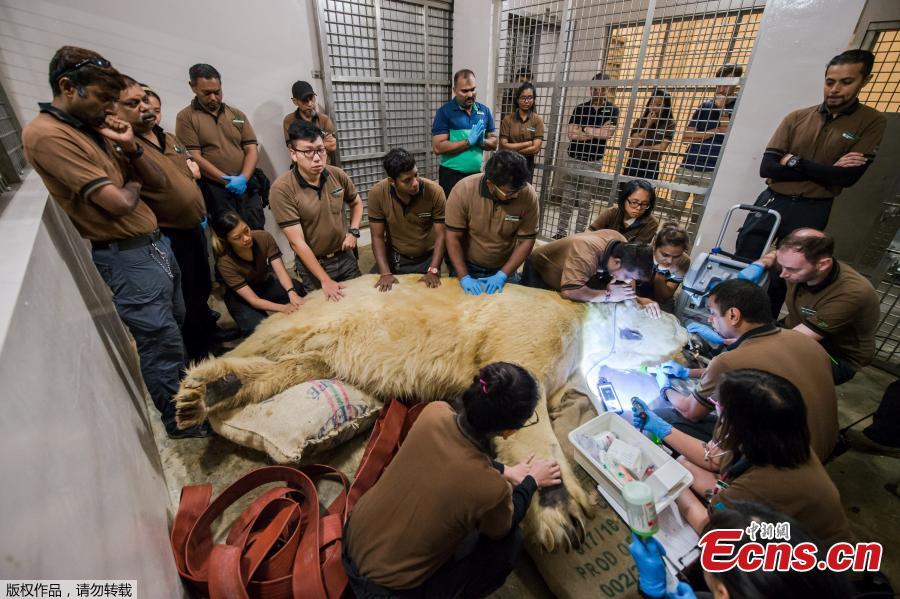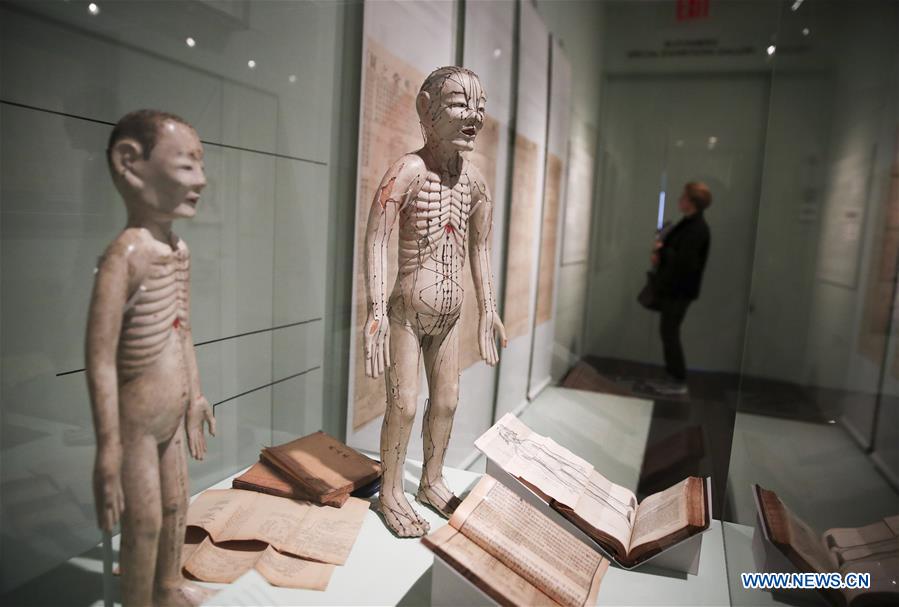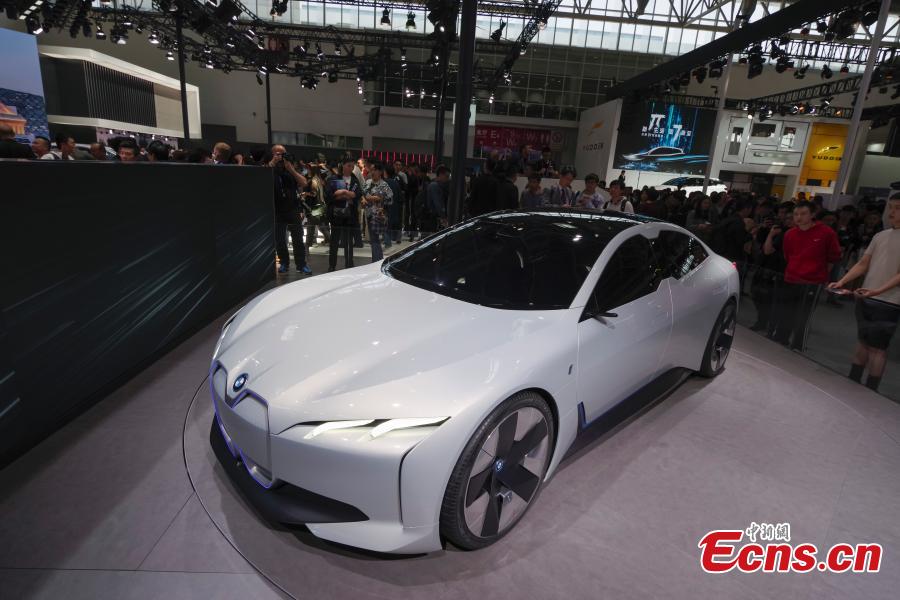Chinese authorities are planning to unveil guidelines for increasing China's imports and seeking a trade balance in the global market, according to a report released by domestic news site cs.com.cn.
Industry experts forecast that the guidelines would involve tariff reductions on some imported consumer goods including food, clothes and medicines. Also, new measures that support the import of advanced technology and key components are expected to be announced.
China's policies for expanding imports have been made clear, and one of the major tasks in the future is to increase imports of products that have large demand and advantageous characteristics in the domestic market, Zhao Ping, director of the Department of International Trade Research at the China Council for the Promotion of International Trade, was quoted as saying in the report.
Zhao forecast that the duties for some imported daily consumer goods will continue to drop in the coming years.
Chinese consumers' transaction volume in the global market stands at about $200 billion each year, Minister of Commerce Zhong Shan told a press conference during this year's two sessions in March.
Zhong noted that Chinese consumers' spending across the globe also showed that there is a short supply of high-quality commodities and some services in the Chinese consumer market.
In the coming years, China will further open up its market to foreign capital and will lower duties for some imported cars and consumer goods and services sectors like telecommunications, medical treatment and education, according to Zhong.
The Ministry of Industry and Information Technology is working with some government departments to decide the range of tariff reductions on car imports and will unveil the details soon, Chen Yin, speaking on behalf of the ministry, told a press conference held in Beijing on Wednesday.
National conditions, such as the market order and demand from consumers, should be taken into consideration when China decides to lower tariffs, Bai Ming, deputy director of the International Market Research Institute under the Ministry of Commerce, was quoted as saying in the cs.com.cn report.
Authorities are also expected to help Chinese companies adjust their assessments of the market, according to Bai.
China lowered tariff rates of 187 kinds of imported products in 2017, with the rates declining from 17.3 percent to 7.7 percent, according to data released in February by the National Development and Reform Commission, China's top economic planner.
The Chinese government will hold the first China International Import Expo in Shanghai from November 5 to 10. Experts said the expo is a significant step showing that the country is actively opening up its markets to foreign investors.









